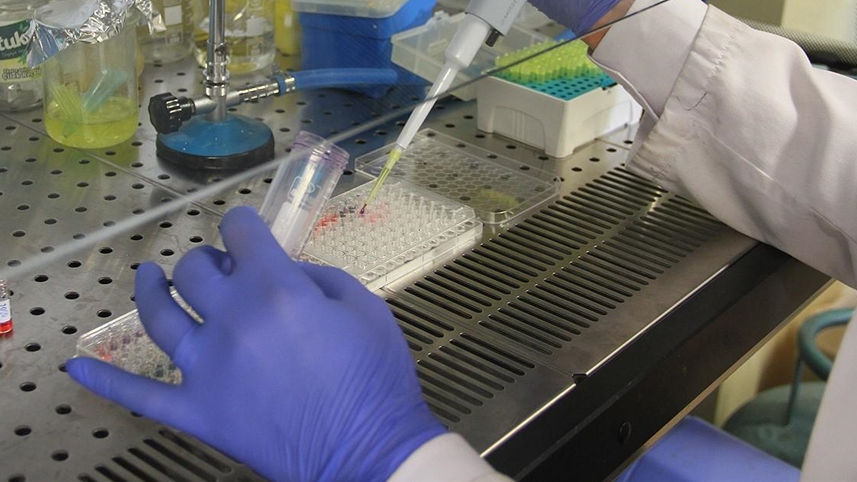
Scientists may have found a gene that explains why the brain is protected from the herpes virus, a discovery that could help provide treatment for the condition.
An international group of biologists led by Cai Yujia of Shanghai Jiao Tong University and Soren Paludan of Aarhus University in Denmark found that knocking out the gene in human stem cell-derived neurons could lead to a significant increase in HSV-1 replication, South China Morning Post reported on Monday.
The finding was confirmed by tests on mice. The viral load in the neurons in the animals’ brains significantly increased when the gene was knocked out.
According to the WHO, around 67% of the world’s population is infected with the herpes simplex virus (HSV) type 1.
It mainly attacks nerve tissue, but in rare cases, it can reach the central nervous system and cause death.
Most carriers do not show severe symptoms,
However, the study, using the gene-editing tool CRISPR, found that a gene known as “TMEFF1” was the key.
Although most HSV infections are asymptomatic or unrecognized, the virus still poses a global public health threat. Medicines can reduce symptoms but cannot cure the infection, according to the WHO.
Recurrent symptoms of both oral and genital herpes are distressing for many infected people, but in rare cases, the virus can attack the central nervous system with a disease called “herpes simplex encephalitis” that has a mortality rate of up to 70%.
But, the researchers hope the discovery could help provide treatment for the condition and have developed peptides – smaller versions of the TMEFF1 protein – which they say are highly effective in preventing HSV infection.
“This study reports for the first time an antiviral factor that is exclusive to neurons, providing a completely new perspective for the study of the brain’s antiviral immune mechanism,” Shanghai Jiao Tong University said.
The findings were published in the peer-reviewed journal Nature on July 24.












1722244248-0/tlprrt-(1)1722244248-0-270x192.webp)







COMMENTS
Comments are moderated and generally will be posted if they are on-topic and not abusive.
For more information, please see our Comments FAQ